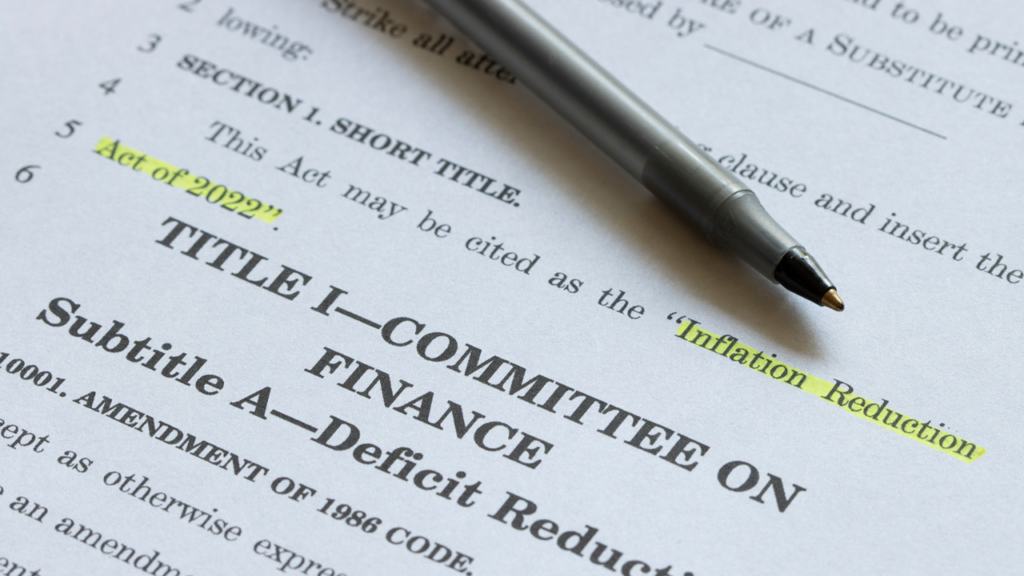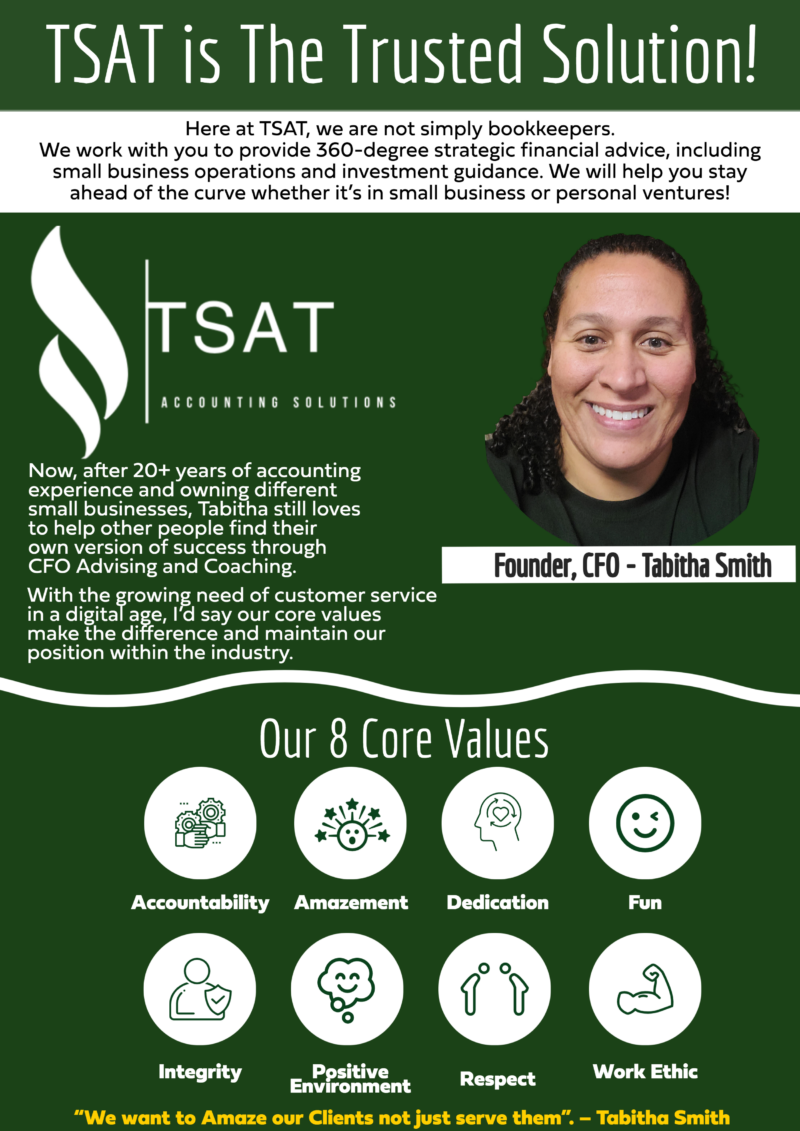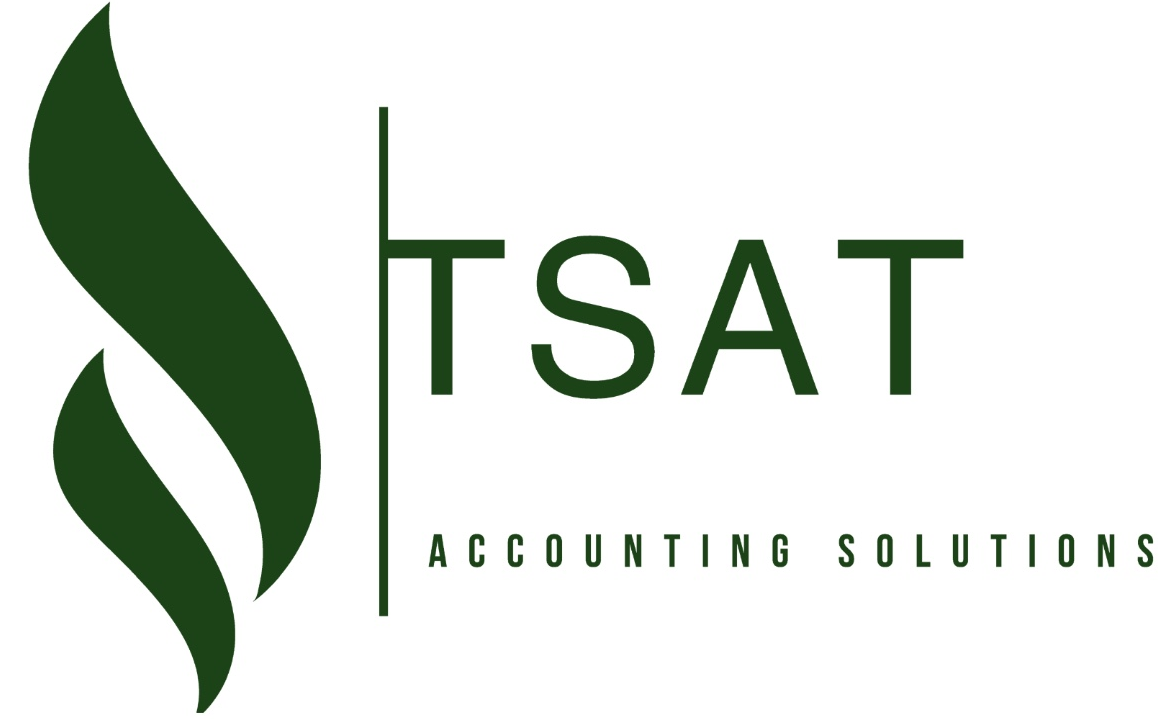
On August 16th, the Inflation Reduction Act of 2022 was signed into law, enacting several new environment-related tax credits that are of interest to individuals and small businesses. Along with new tax credits, the Act also extends and modifies some pre-existing credits.
Here are some of the most impactful aspects of the new law:
Healthcare
Provisions:
- Extend Affordable Care Act subsidies through 2025
- Allow Medicare to negotiate drug prices, starting with 10 drugs in 2026
- Caps Medicare recipients’ drug expenditures at $2,000 per year
Impact on small businesses: Before the Affordable Care Act was passed, many small businesses couldn’t afford health insurance, and it wasn’t unusual for a sole proprietor to pay over $1,000 a month for a fairly skimpy policy.
Under the American Rescue Plan, subsidies made health care more affordable for those buying insurance on ACA exchanges, but those subsidies were due to expire at the end of this year. This bill extends those subsidies through 2025. According to the SBA, the ACA exchanges are disproportionately used by small businesses, their employees and the self-employed.
Not negotiating drug prices for Medicare is just nuts. Americans typically pay much more than others, often two to times more, for the same drugs that those in other industrialized countries pay. This provision starts us on a more sane and less-expensive path.
The savings would have been even bigger had Republicans had not defeated a provision from Sen. Raphael Warnock, D-Ga., that would have capped the cost of insulin at $35 per month for those with private insurance. Since more than 37 million Americans suffer from diabetes, many of whom are small-business owners, this was a lost opportunity (Rhonda Abrams, Special to USA TODAY).
Extension, Increase, and Modifications of the New Energy Efficient Home Credit
Prior to the Inflation Reduction Act of 2022, a New Energy Efficient Home Credit (NEEHC) was available to eligible contractors for qualified new energy efficient homes acquired by a homeowner before Jan. 1, 2022. A home had to satisfy specified energy saving requirements to qualify for the credit and the credit amount was either $1,000 or $2,000, depending on which energy efficiency requirements the home satisfied.
With the Act, the credit is available for qualified new energy efficient homes acquired before January 1, 2033. The amount of the credit is increased, and can be $500, $1,000, $2,500, or $5,000, depending on which energy efficiency requirements the home satisfies and whether the construction of the home meets prevailing wage requirements.
Increase in Qualified Small Business Payroll Tax Credit for Increasing Research Activities
Under pre-Inflation Reduction Act law, a “qualified small business” (QSB) with qualifying research expenses could elect to claim up to $250,000 of its credit for increasing research activities as a payroll tax credit against the employer’s share of Social Security tax.
Due to concerns that some small businesses may not have a large enough income tax liability to take advantage of the research credit, for tax years beginning after December 31, 2022, QSBs may apply an additional $250,000 in qualifying research expenses as a payroll tax credit against the employer share of Medicare. The credit can’t exceed the payroll tax imposed for any calendar quarter, with unused amounts of the credit carried forward.
New Clean-Vehicle Credit
Previously, you could claim a credit for each new qualified plug-in electric drive motor vehicle (NQPEDMV) placed in service during the tax year.
The Act, among other things, retitles the NQPEDMV credit as the Clean Vehicle Credit and eliminates the limitation on the number of vehicles eligible for the credit. One thing to note, final assembly of the vehicle must take place in North America.
No credit is allowed if the lesser of your modified adjusted gross income for the year of purchase or the preceding year exceeds:
- $300,000 for a joint return or surviving spouse
- $225,000 for a head of household
- $150,000 for others
In addition, no credit is allowed if the manufacturer’s suggested retail price for the vehicle is more than $55,000 ($80,000 for pickups, vans, or SUVs).
Finally, the way the credit is calculated is changing. The rules are complicated, but they place more emphasis on where the battery components (and critical minerals used in the battery) are sourced.
Credit for Previously Owned Clean Vehicles
A qualified buyer who acquires and places in service a previously owned clean vehicle after 2022 is allowed an income tax credit equal to the lesser of $4,000 or 30% of the vehicle’s sale price. The maximum price per vehicle is $25,000. No credit is allowed if the lesser of your modified adjusted gross income for the year of purchase or the preceding year exceeds:
- $150,000 for a joint return or surviving spouse
- $112,500 for a head of household
- $75,000 for others
New Credit for Qualified Commercial Clean Vehicles
There is a new qualified commercial clean-vehicle credit for qualified vehicles acquired and placed in service after December 31, 2022.
The credit per vehicle is the lesser of either:
- 15% of the vehicle’s basis (30% for vehicles not powered by a gasoline or diesel engine)
- The “incremental cost” of the vehicle over the cost of a comparable vehicle powered solely by a gasoline or diesel engine.
The maximum credit per vehicle is $7,500 for vehicles with gross vehicle weight ratings of less than 14,000 pounds, or $40,000 for heavier vehicles.
These are not all of the inclusions in the new law, for more information read the factsheet here.
How can TSAT become your Trusted Advisor and help provide your small business with Financial H.O.P.E.?

Your Trusted Advisor… At TSAT, we know that a great businesses need to operate at high levels of service, accuracy, reliability, and throughput. We also know that the only way to ensure these things are achieved is to develop a comprehensive set of accounting and finance policies and procedures and to regularly train all personnel involved in the management and control of the company’s software. Only by taking steps toward accounting, quality assurance, and finances can a small business accounting department expand its business and improve its profit margins. It takes a little work to make sure that every aspect of small business accounting is running at full capacity, and we are here to help!
Here at TSAT, we are not simply bookkeepers. We work with you to provide a 360-degree strategic financial advice, including small business operations and investment guidance. We will help you stay ahead of the curve when it small business or personal investments!
If you are a gig worker or small business owner looking to grow your business, TSAT’s AMAZING Trusted team considers much more than just your taxes!
TSAT’s is your Trusted Advisor and will let you focus on your business’s core competencies! Whether you have a small business or you need help personally, TSAT can give you HOPE! Call us today!
Phone: (417) 208-2858
- Website: TSAT Accounting Solutions
- Facebook: TSAT Facebook
- Calendly : Quickly schedule a 15 minute call!
- Alignable: Connect with Us on Alignable!
- Fill out the Qualification Questionnaire for a full 1 hour CFO Consult!

